What is Content Marketing?
Answer to: What is Content Marketing?
Content marketing is a strategic marketing approach focused on creating and distributing valuable, relevant, and consistent content to attract and retain a clearly defined audience. Unlike traditional advertising, which explicitly asks for a sale, content marketing aims to drive profitable customer action by first providing helpful information that solves problems or answers questions. For industrial and B2B businesses, this method establishes authority and builds trust with potential clients long before a transaction takes place. It transforms a company from a simple vendor into a knowledgeable resource, ensuring that when a buyer is ready to make a decision, they turn to the brand that educated them.
The Role of Content in Industrial and B2B Strategies
The core philosophy behind content marketing is education rather than promotion. In the industrial and B2B sectors, sales cycles are often long and involve multiple decision-makers. A potential client might research a solution for months before contacting a provider. Content marketing fills this gap by providing the technical details, industry insights, and data that buyers need during their research phase.
This strategy involves various formats tailored to how the audience consumes information.
Common examples of content formats include:
- Blog Posts and Articles: These address specific questions, such as explaining a manufacturing process or discussing regulatory changes in Houston.
- White Papers and Case Studies: These provide in-depth analysis and proof of performance, which are critical for engineers and procurement managers.
- Videos and Infographics: Visual aids help simplify complex technical concepts.
By consistently publishing high-quality material, a business signals its competence and reliability. This is where the intersection of Search Engine Optimization (SEO) and content becomes vital. Search engines and AI answer engines prioritize content that demonstrates expertise and helpfulness. Therefore, a robust content strategy not only engages human readers but also signals to search algorithms that a website is a credible source of information. Mansfield notes that when content effectively answers user queries, it increases the likelihood of appearing in both traditional search results and AI-generated summaries, capturing attention at the moment of highest intent.
Why Definitions of Content Marketing Vary Among Agencies
Business owners may encounter different definitions of content marketing depending on who they ask. This variance usually stems from the specific focus or specialization of the agency providing the answer.
- The SEO-Centric View: Agencies that focus primarily on technical search rankings often define content marketing as a vehicle for keywords. Content is a tool to signal relevance to search engines, placing less emphasis on the narrative or the human reader's experience.
- The Brand-Centric View: Creative agencies might describe content marketing as storytelling or brand entertainment. Their definition focuses on emotional connection and viral potential on social media, which can sometimes overlook the technical utility required by industrial and B2B buyers.
- The Sales-Support View: Some professionals view content marketing as a sales enablement tool. In this definition, the primary purpose of content is to equip sales representatives with collateral to overcome objections and close deals.
A comprehensive understanding suggests that content marketing is actually a blend of all these perspectives. It must be technically sound to be found, engaging enough to be read, and informative enough to support the sales process.

